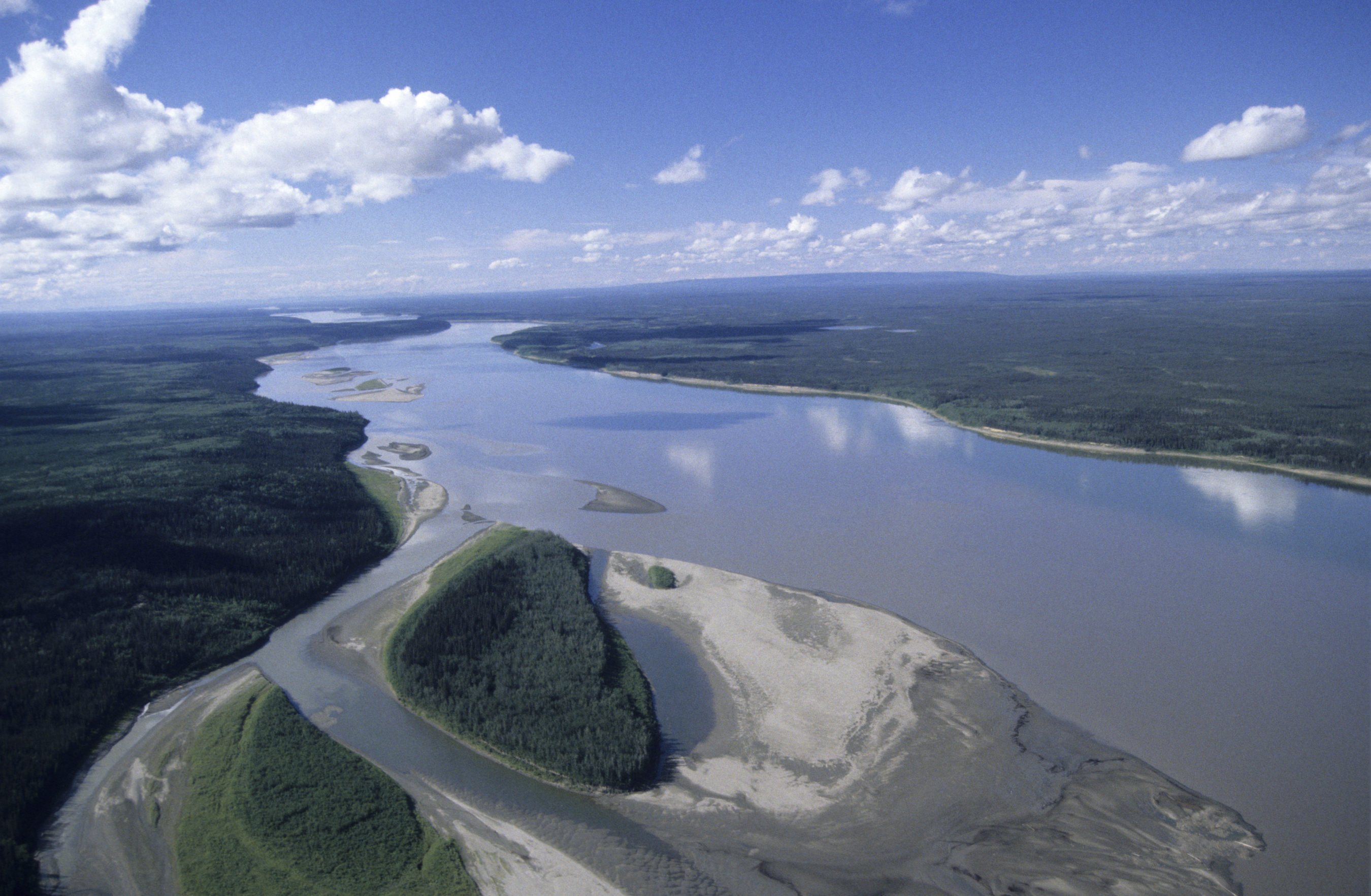
I've got peace like a river
I've got peace like a river
I've got peace like a river
In my soul
I've got peace like a river
I've got peace like a river
I've got peace like a river
In my soul
Then Jesus came from Galilee to John at the Jordan, to be baptized by him.
John would have prevented him, saying, “I need to be baptized by you, and do you come to me?”
But Jesus answered him, “Let it be so now; for it is proper for us in this way to fulfill all righteousness.” Then he consented.
And when Jesus had been baptized, just as he came up from the water, suddenly the heavens were opened to him and he saw the Spirit of God descending like a dove and alighting on him.
And a voice from heaven said, “This is my Son, the Beloved, with whom I am well pleased.”
Matthew 3:13-17
I think it was watching the chilling documentary The Corporation which first made me aware that in many jurisdictions corporate entities have legal status akin to personhood, albeit in limited ways. In the United States they may own property and have certan rights to free speech. They can sue and be sued, but they can't vote or hold office. Phew.
If a corporation can have legal rights, what about natural entities such as rivers? I read an interesting article on this subject in a source called The Revelator:
...some countries have granted rights to the nature, and specifically to rivers, in their national laws. In 2008, Ecuador recognized the constitutional right of Mother Earth and, in 2010, Bolivia adopted the Laws on the Rights of Mother Earth which gives legal standing to nature and establishes an ombudsman for the protection of its rights. And in May 2017, Colombia’s Constitutional Court recognized the Atrato River as a legal person.
More recently, the Parliament of New Zealand granted the country’s third-longest river, the Whanganui, the legal rights of a person, after a 140-year campaign by the Whanganui Iwi tribe. In addition to compensating the Whanganui Iwi for grievances, the move seeks to preserve the river for future generations of Whanganui Iwi and all New Zealanders. As such, the river gains its legal personality not from an abstract legal entity, but from the people that are connected with the river.
India’s Ganges River and one of its main tributaries, the Yamuna River were granted these same rights.
With these rights the rivers are entitled to representation by advocates in a court of law to protect them from exploitation and degradation.

Village on the St. Lawrence Norah Collyer
I don't know about you, but if General Motors and Bombardier have some form of "persona"l rights in Canada, I certainly support rivers such as the Mackenzie and Assiniboine and St. John having the rights of a person. For centuries this country has abused and exploited its rivers and other bodies of water, including the Great Lakes. We have killed species and allowed others to invade them. We have rendered the water undrinkable and unswimmable at times. Aboriginal peoples have held a far more reverent appreciation of these waterways, even though they've travelled and fished them.
If the murky Jordan was good enough for Jesus's baptism, perhaps we should consider the sacred nature of all our rivers, appreciating that they are a gift from God worth protecting.
Should rivers have rights? Is it acceptable to consider that they are persons, or are sacred?

Mackenzie River
No comments:
Post a Comment